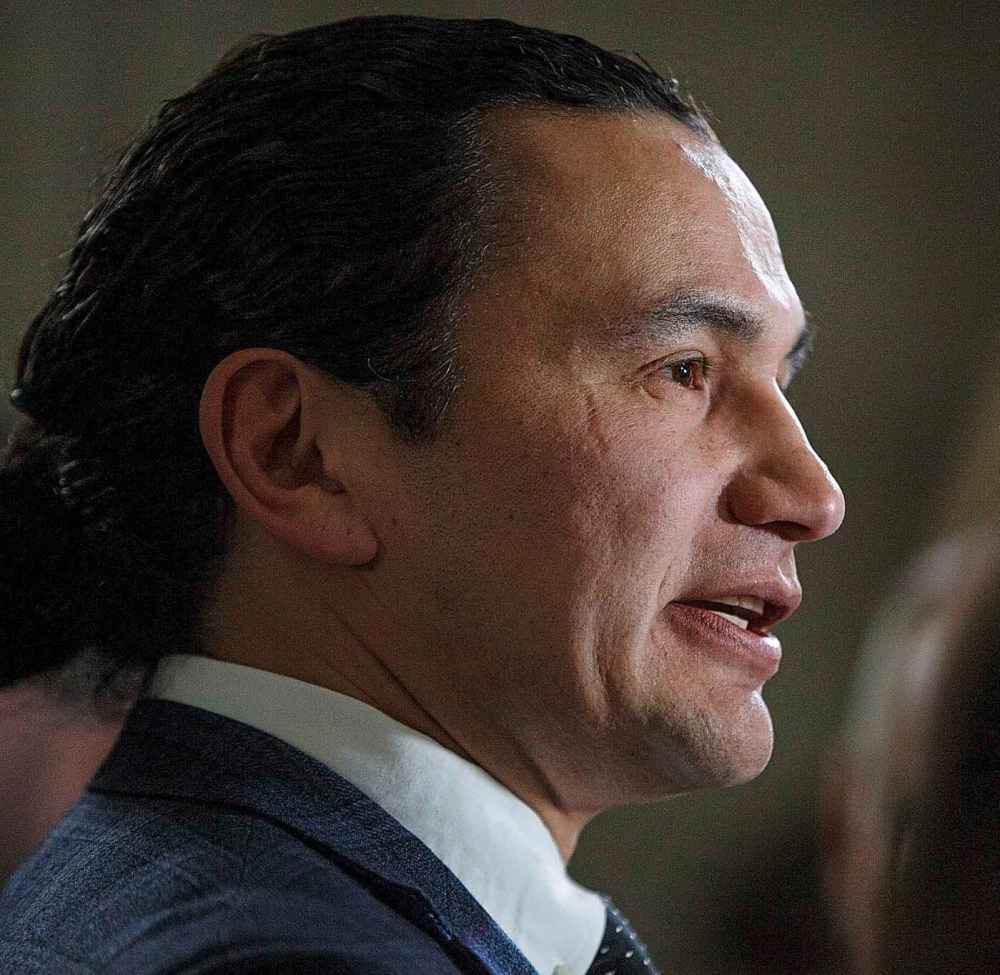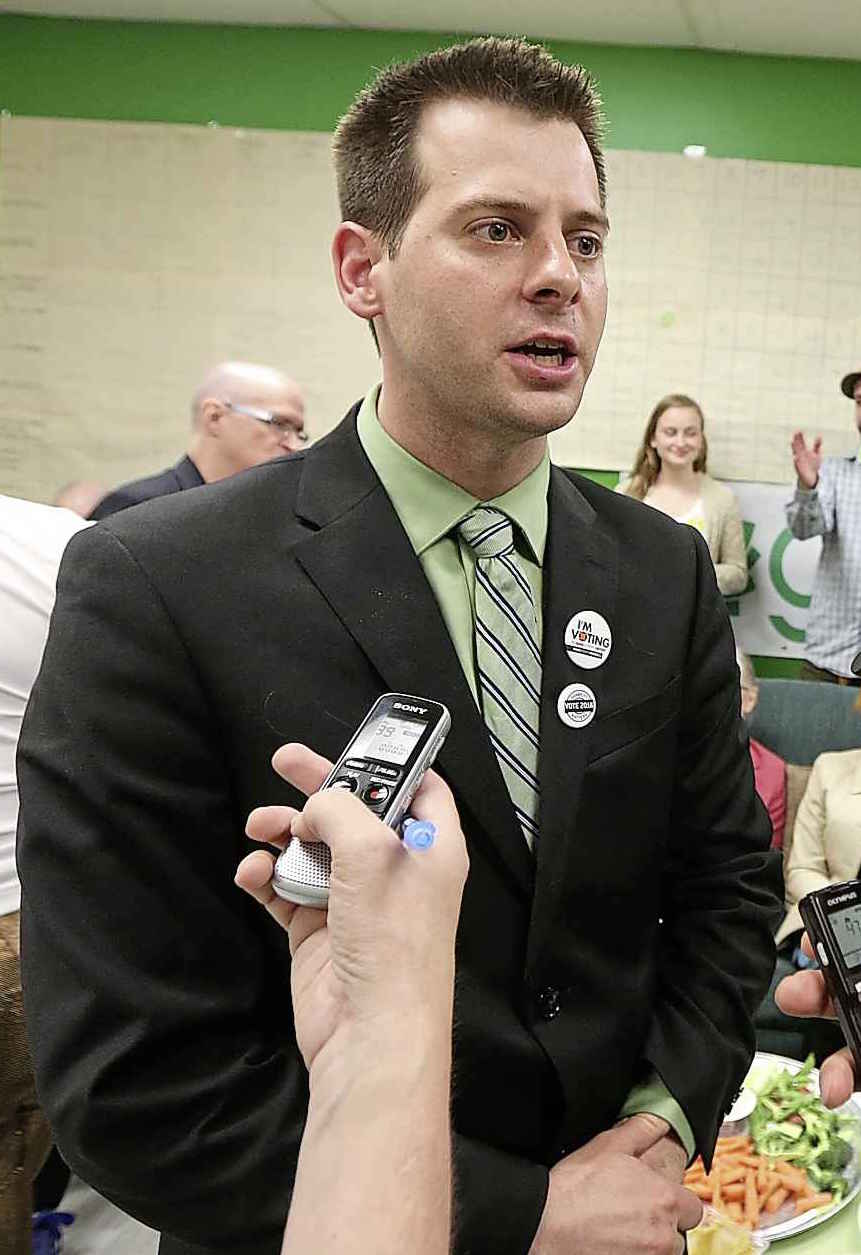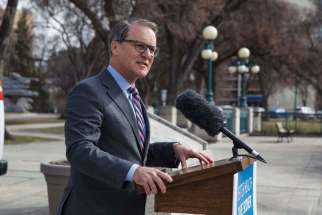‘Absolutely, we’ll accept them’: Tories change gears on election rebates
Read this article for free:
or
Already have an account? Log in here »
To continue reading, please subscribe:
Monthly Digital Subscription
$0 for the first 4 weeks*
- Enjoy unlimited reading on winnipegfreepress.com
- Read the E-Edition, our digital replica newspaper
- Access News Break, our award-winning app
- Play interactive puzzles
*No charge for 4 weeks then price increases to the regular rate of $19.00 plus GST every four weeks. Offer available to new and qualified returning subscribers only. Cancel any time.
Monthly Digital Subscription
$4.75/week*
- Enjoy unlimited reading on winnipegfreepress.com
- Read the E-Edition, our digital replica newspaper
- Access News Break, our award-winning app
- Play interactive puzzles
*Billed as $19 plus GST every four weeks. Cancel any time.
To continue reading, please subscribe:
Add Free Press access to your Brandon Sun subscription for only an additional
$1 for the first 4 weeks*
*Your next subscription payment will increase by $1.00 and you will be charged $16.99 plus GST for four weeks. After four weeks, your payment will increase to $23.99 plus GST every four weeks.
Read unlimited articles for free today:
or
Already have an account? Log in here »
Hey there, time traveller!
This article was published 24/04/2019 (2420 days ago), so information in it may no longer be current.
After decrying the provision of election rebates — and attempting to get rid of them entirely in March — Premier Brian Pallister said the Progressive Conservatives will continue accepting rebates from the next provincial election.
“Absolutely, we’ll accept them. It was agreed to in a resolution in the house, and it’s the agreed solution. Members supported it, and we’ll go ahead with that,” Pallister said late Tuesday, adding the party may re-evaluate collecting rebates at a later date.

“We don’t think it’s the right thing to do in the long term, but in the interim period, I think it was fair, frankly, and I think our colleagues certainly agreed,” he said later. “I think the NDP, though they won’t issue us a thank-you note, I think they and the Liberals also appreciated the compromise.”
On March 7, the PC government put forward an omnibus budget bill that included clauses eliminating 50 per cent election rebates for political parties and candidates who earn 10 per cent of votes cast in their ridings.
“That’s a subsidy directly to political organizations that does nothing for Manitobans,” Pallister said March 8. “Manitobans don’t get 50 per cent back when they have a small business and they buy ads.”
By April 17, the provincial Tories and NDP had struck a deal. They amended the bill to include a 25 per cent election rebate for parties and candidates who draw at least five per cent of the vote.
NDP Leader Wab Kinew called it a “win,” and Pallister said the move ensured an even playing field for all parties heading into the next election (which is scheduled for Oct. 6, 2020, but the premier has hinted it may happen sooner).

The premier said Tuesday although his party has worked “very, very hard at our fundraising” — raking in more than $2 million in donations, according to annual returns from 2018 — he believes keeping rebates for the time being was a “fairness issue.”
“And making a change as we had originally proposed in mid-term or later would have put a disadvantage on (opposition parties) that I don’t think would have been fair,” Pallister said.
Both the NDP and the Progressive Conservatives have said the changes to election rebates may help Green party candidates most, since their party doesn’t often crack the 10 per cent vote threshold.
However, as far as Green Leader James Beddome is concerned, he’d prefer to see a per-vote subsidy brought back. (The Pallister government never accepted what it called a “vote tax” and scrapped the measure when it took office in 2016.)
“It’s funny for people to complain that, ‘Oh, now the rules are going to be more fair for the smaller parties.’ For years, we’ve been getting the short end of the stick on the way that things are structured, and now it’s being structured a little bit more fairly,” Beddome said of the rebate changes.

Asked what he thought of Pallister choosing to accept the rebates after opposing them, the Green leader said he wasn’t surprised.
“I think there’s a role for public financing of political parties. I think it’s an important, pivotal asset of democracy. That said, the Conservatives have been hypocritical and inconsistent for years and, at every opportunity, I’ve pointed that out to them.”
Paul Thomas, a political scientist emeritus with the University of Manitoba, wondered why tax credits issued for political party donations are, so far, escaping critique.
“So if you’re going to say, on principle, we’re not in favour of giving public money to political parties, they’re private organizations, they should raise their money — all of it — privately. Then you’ve got to explain why some types of money from the public purse are more acceptable than others,” Thomas said.
jessica.botelho@freepress.mb.ca
Twitter: @_jessbu









